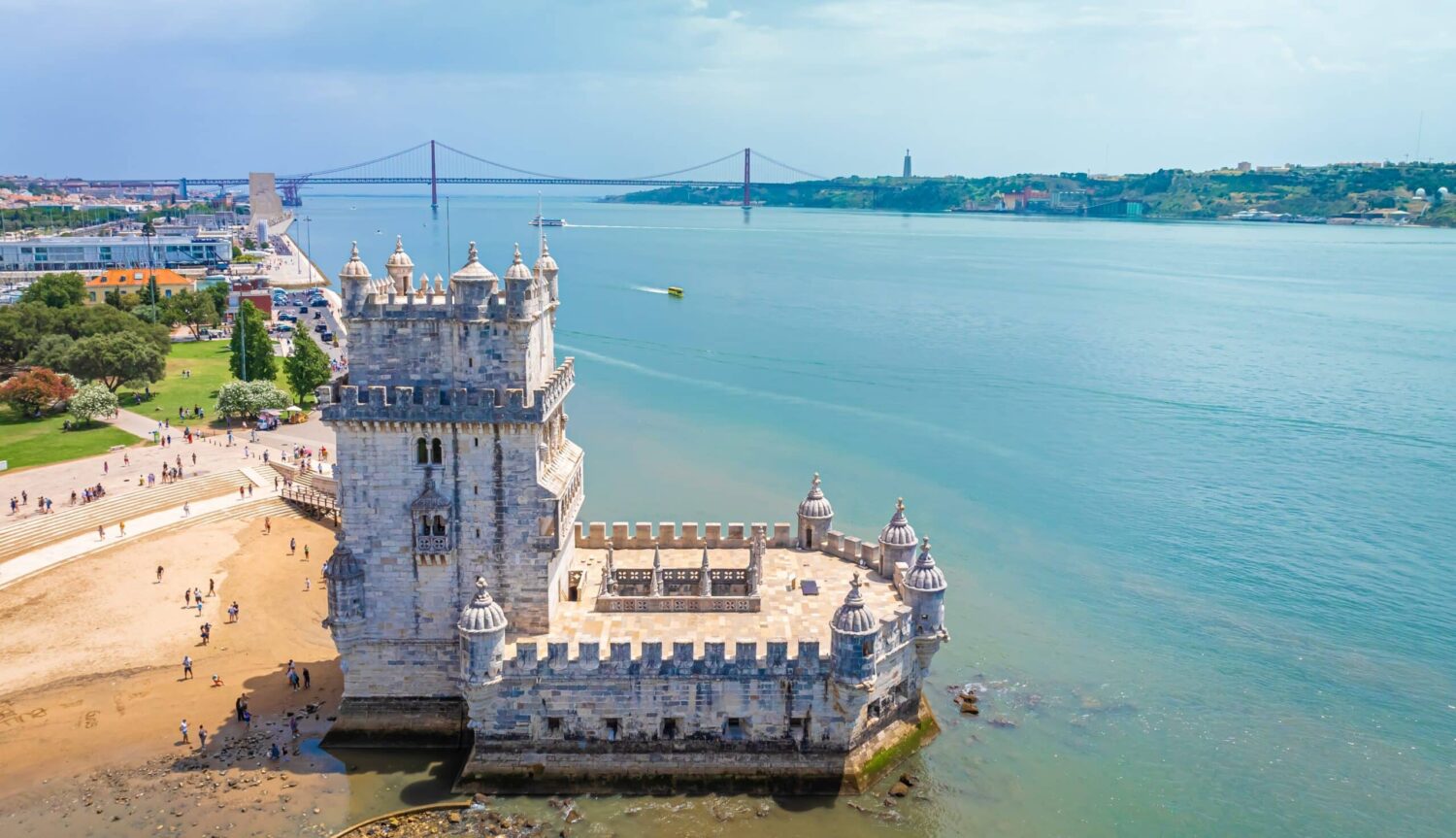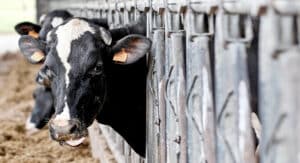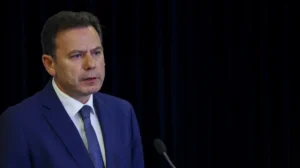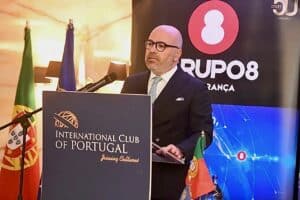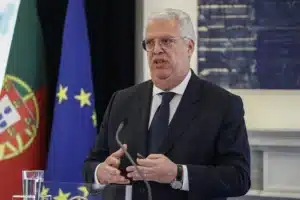As Europe presents its ‘preparedness strategy’, forces in Portugal start laying groundwork
Just as Portugal has been jettisoned into new elections – elections most people agree were entirely avoidable – ‘the world has changed’ and Europe is grappling to stay ahead of the game.
Last week, the European Commission presented its ‘Preparedness Union Strategy to prevent and react to emerging threats and crises’. It involves 30 key actions and a detailed Action Plan, but most importantly, it centres on developing a preparedness culture across all EU policies, and in all EU countries.
Thus Portugal, which tends to excel at looking inwards, is being forced to look up, and scan the horizon.
In this context, the figures that respond first – as well as those who have been warning of the gathering threats for months – are the ones people will notice.
To this end, former Admiral Gouveia e Melo has been trying to prepare the country for a long time (his latest interventions). Now, acting prime minister Luís Montenegro appears to have rallied to this cause. He gave a speech earlier this week in which he left no doubt that the political figures in this country need to ‘grow up’. The time of arguing minute points, trying to make mountains out of proverbial mole dung, has to come to an end. Indeed, the polls seem to indicate as much – people are no longer impressed by the ideology of different parties, they want a government that understands ‘the bigger picture’ – the one that is looming over all of us, in spite of the spring sunshine.
Luís Montenegro’s speech also came at the ‘perfect moment’: the opening of Land Defence Industry Day – an event organised by the Portuguese Army in collaboration with government entities, industry leaders, defence companies and military platform manufacturers to strengthen cooperation and drive innovation.
This was the ‘beginning of Portugal’s defence cluster’, that the PM has been so keen to promote, an area bizarrely that other political parties have barely commented on. And he opened with the warning of “invisible” attacks on national sovereignty “that happen every day”.
The very structure of political and social functioning is in the crosshairs, he said.
The attacks happen “in the most elaborate, sophisticated ways imaginable”, since war today is not just something that can be “extracted from the most visible military equipment.
“War today is a technological war, a digital war, a war of manipulation, a war that many call hybrid, a war that attacks the foundations of democratic regimes, that attacks the very functioning of democracies.”
Admitting that “little is said about this in Portugal”, the caretaker prime minister recalled, in a reference to Romania, that “there is a country in the European Union whose presidential elections were annulled on the basis of the distortion of the popular will, precisely through the manipulation of public opinion.

“Sometimes it seems like we are theorising about a reality that doesn’t exist, but it actually does exist,” he stressed, suggesting “it is good that Portuguese men and women can also understand” this reality, as “the life of each one of us” is at stake.
“We are talking about the foundations of our most basic freedoms. We are talking about guaranteeing security, individually considered and collectively considered as well. We are not just talking about war, we are not just talking about deterrence, we are not just talking about our responsibilities in the international context.”
All of which was (or certainly seemed) diametrically opposed to the impression given by the country’s finance minister Joaquim Miranda Sarmento in the Financial Times on Monday, which suggested Portugal is more concerned with maintaining a budgetary balance than reinforcing its defence capabilities.
The FT headed its article: “Portugal cautious on joining EU defence spending splurge” – which may well be the case, but it is almost certainly a line prepared for the electorate: Joaquim Miranda Sarmento talked about ‘not jeopardising budgetary balance’ and continuing to run the country with a (slight) budget surplus. He even mentioned reducing business taxes (IRC), in an interview almost certainly slanted towards the immediate hurdle: the elections on May 18, to return social democrats with a working majority.
But once that objective is ‘in the bag’, the path has been set by the prime minister – and it is much more focussed on protecting freedom, and remaining part of the ‘thinking nucleus of Europe’.
In the words of European Commissioner Ursula von der Leyen: “New realities require a new level of preparedness in Europe. Our citizens, our Member States, and our businesses need the right tools to act both to prevent crises and to react swiftly when a disaster hits” (whether that disaster is natural or man-made).
Meantime, the gap is widening between PSD social democrats and the parties that forced the May elections upon us. As the Resident went to press, Luís Montenegro was expounding on his party’s new rules to control immigration, as his Socialist counterpart Pedro Nuno Santos was still locked in the political conspiracy that Luís Montenegro hadn’t fully explained the ins and outs of the family business he left in 2022…
In spite of headlines showing AD (or more exactly PSD/CDS-PP as the coalition has been ordered to drop its AD title) is leading in terms of voter intentions, the opposition appears caught in a quagmire of its own curmudgeonliness, with even CHEGA apparently losing ground as it too gnaws at the bones of Spinumviva, the PM’s ‘family firm’ at the heart of the very manufactured ‘political crisis’.
Declared-candidate for the presidency (elections for which come in January) Luís Marques Mendes said less than a month ago that the previous few weeks in Portugal had been “a complete disaster”. No one disagreed with him – but the winners will be the party that can turn these weeks of disaster into a focus.
There are only six weeks left – and then the people running the country will have to roll up their sleeves and start preparing for the changes coming down the line.

